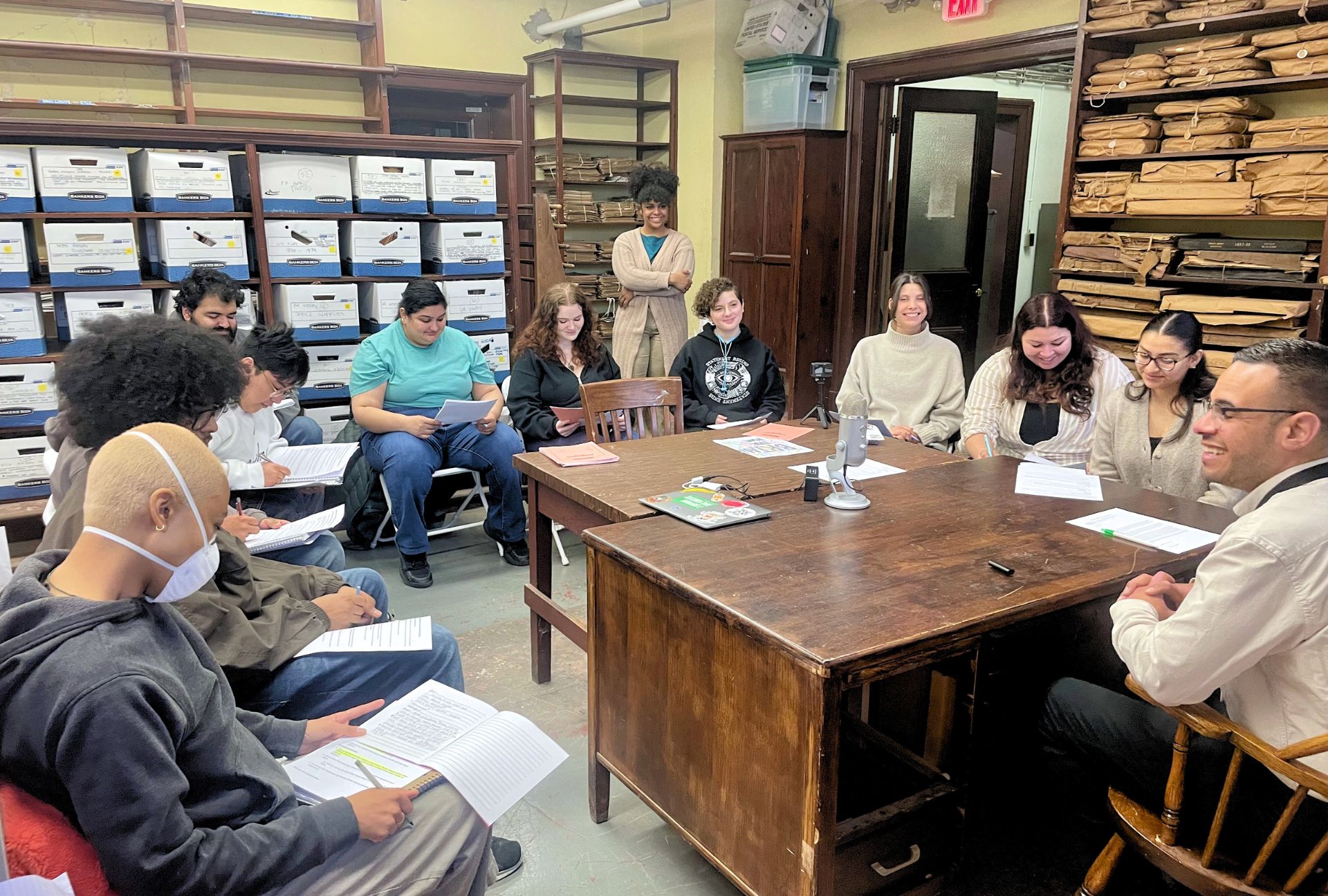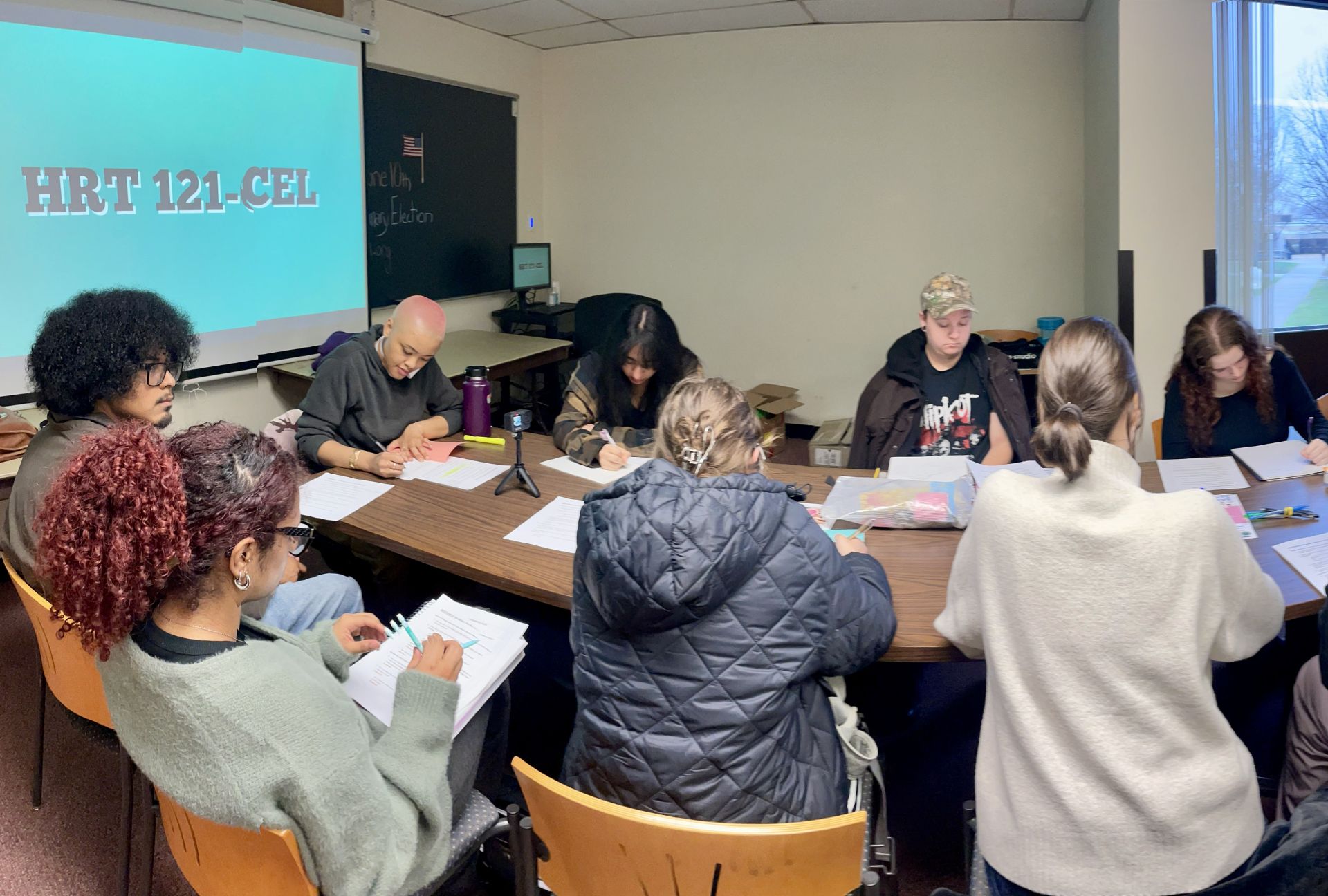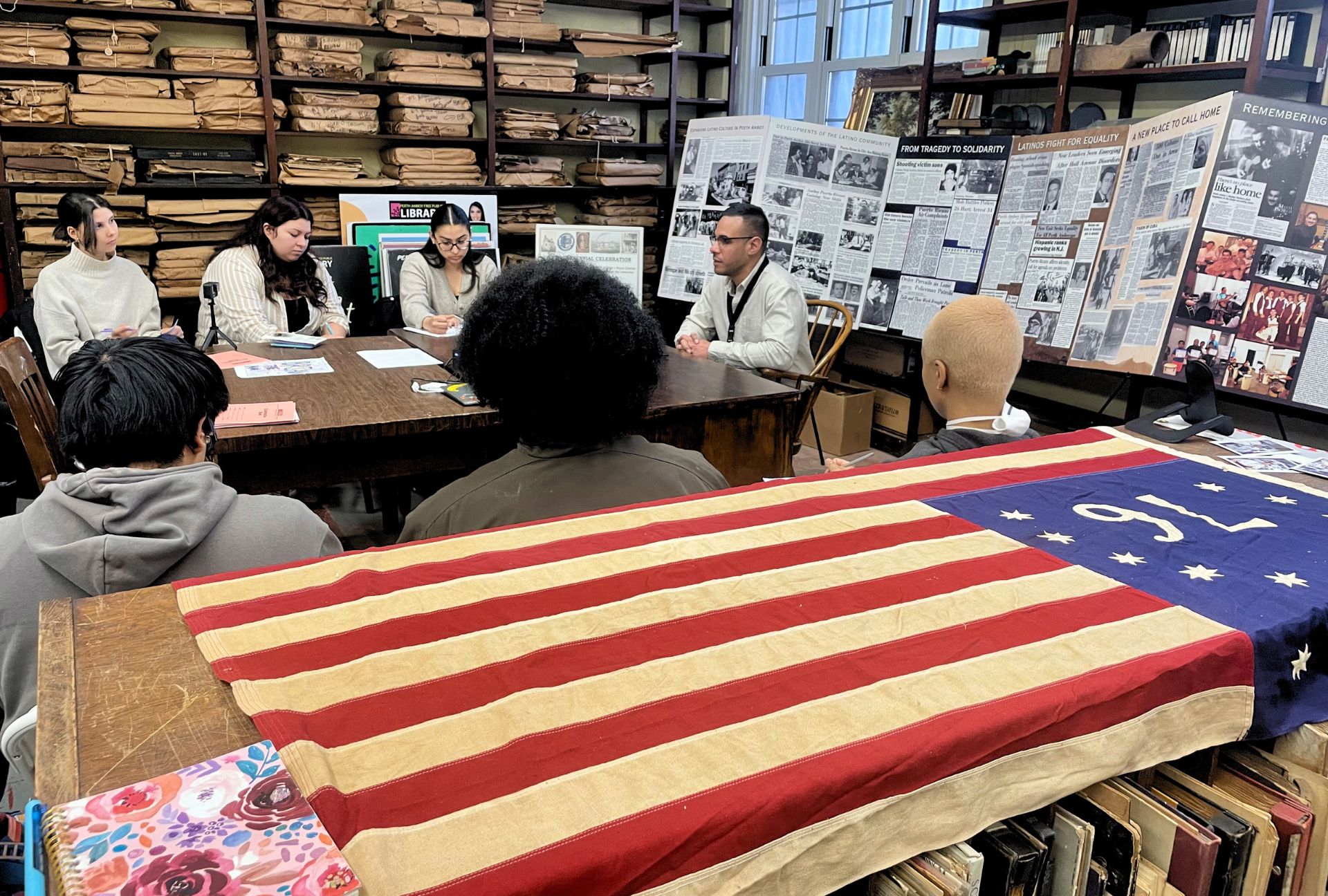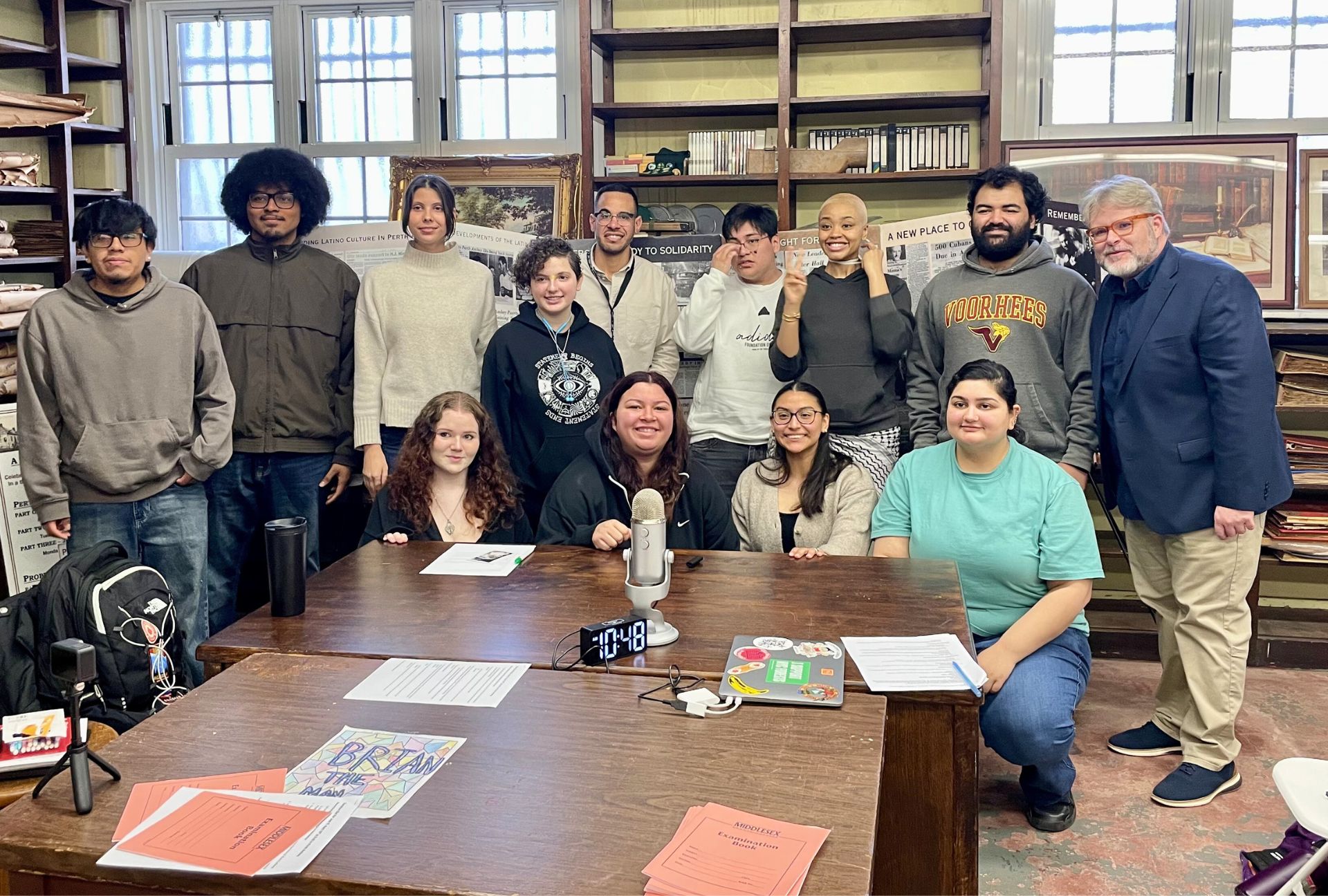Exploring the Intricate Tapestry of Human Rights and Social Justice
Through the Human Rights and Social Justice Program, students gain a better understanding of the world around them via communication, critical thinking, and civic engagement skills.

Middlesex College is continuously evolving and expanding its curriculum to provide students with a well-rounded education that meets the needs of the outside world. This was one of the many goals of the Human Rights and Social Justice program, which launched in 2024 and is led by history and social sciences professors Terrence Corrigan and Jennifer Altman.
“In a world rife with challenges and possibilities, the Human Rights and Social Justice program arrives at a crucial time,” said Corrigan. “This [program] invites students and professionals alike to explore the intricate tapestry of human rights and social justice, actively engage in civic life, and draw vital lessons from both history and community.”
The program aims to empower students to become advocates for change, equipping them with the knowledge and skill set to understand and defend human rights. Through participation in this program, students can hope to better develop their communication, critical thinking, and civic engagement skills.
“Throughout the course we were encouraged by Professor Corrigan to engage, with history and others, critically and with empathy,” said Middlesex College student Vivianne Woods. “We were, in turn, reminded of our own potential and power to shape the world around us.”
The program courses are complimentary to others offered in the History and Social Sciences program, but draw on a variety of disciplines to create a full scope. The program includes the required intro and contemporary social problems courses as well as courses on constitutional law, social and political philosophy, class and social inequality, and African American history.
The Community Engaged Learning (CEL) course provides a more hands-on approach to the subject matter to give students a real-world application to their education. Students in the Fall 2025 CEL course are participating in an oral history project at the Perth Amboy Free Library. The project will offer students the opportunity to work towards preserving the city’s unique, diverse history while empowering marginalized voices, fostering community understanding, and informing social justice initiatives.
“The integrated learning style of the CEL [course] was awesome,” Woods shared. “Being able to travel to the Perth Amboy library, learn about its history and conduct interviews were fantastic experiences. Beyond the journalistic and practical experience, we learned in real time how to interact and communicate with complex issues and the people directly involved in shaping their communities.”
Corrigan hopes to further expand the program in the future, including a newly-established human rights and social justice book club, to create a “lasting impact and for students to continue these discussions outside of the classroom.”




